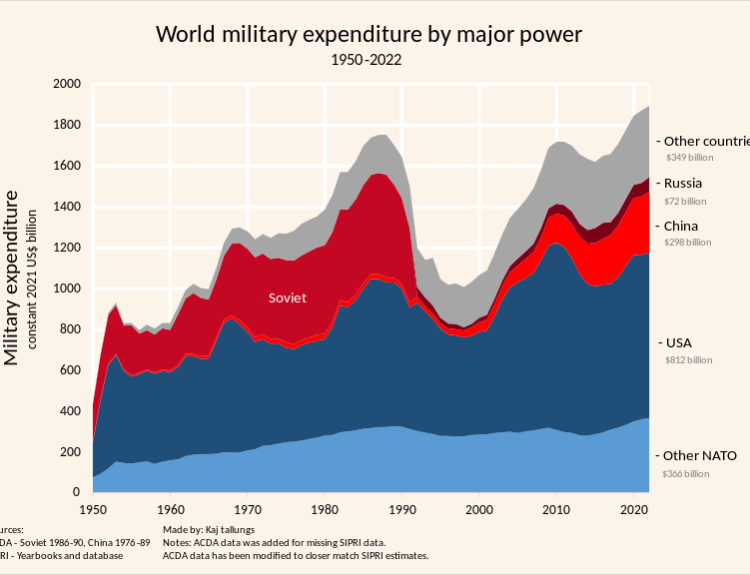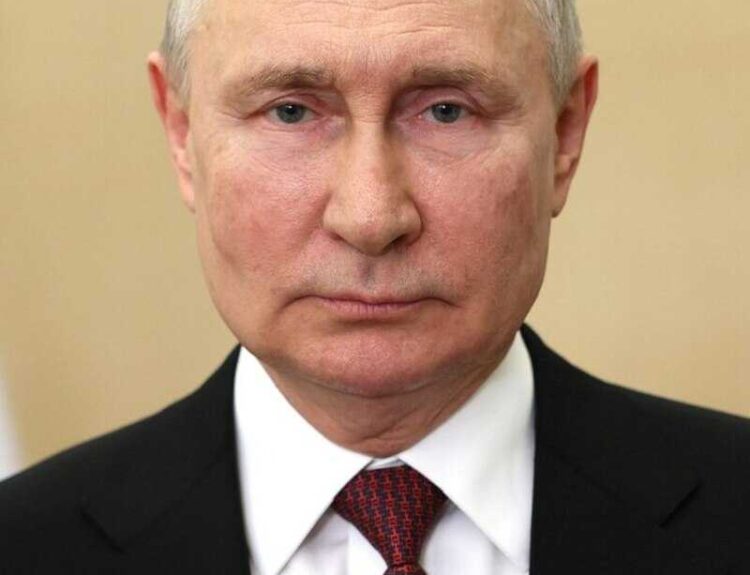EU imposes 45% tariff on Chinese electric cars, other countries follow suit
- China’s EV production growth faces roadblocks due to tariffs and restrictions imposed by other countries.
- EU member states voted for up to 45% tariff on electric cars made in China.
- Brazil raised its tariffs on battery EVs to 18%, set to increase to 35% in 2026.
- Turkey imposed a 40% duty on Chinese electric cars since July.
- Canada implemented a 100% tariff on Chinese-made EVs in October.
- Higher tariffs led to a drop in Brazil’s imports of made-in-China EVs and stagnant EU imports.
- In some markets like Mexico and Canada, imports from China continue to grow.
- Chinese companies invest in overseas factories to avoid tariffs.
Chinese electric-vehicle makers are encountering obstacles in their export drive as nations impose tariffs and restrictions. The EU has voted for a 45% tariff on Chinese EVs, while Brazil raised its tariffs to 18%, Turkey added a 40% duty, and Canada imposed a 100% tariff. This has led to a drop in Brazil’s imports of Chinese EVs and stagnant EU imports, but exports to Mexico and Canada continue growing. In response, Chinese companies are investing in overseas factories to bypass these barriers.
Factuality Level: 8
Factuality Justification: The article provides accurate and objective information about the challenges faced by Chinese electric-vehicle makers in exporting their vehicles due to tariffs imposed by other countries. It includes relevant data and statistics to support its claims and discusses the strategies used by these companies to overcome these obstacles.
Noise Level: 4
Noise Justification: The article provides relevant information about the challenges Chinese electric-vehicle makers are facing due to tariffs and other restrictions imposed by various countries on their exports. It also mentions efforts by these companies to build or invest in car production overseas to avoid such barriers. However, it could benefit from more analysis of long-term trends or possibilities and could provide more actionable insights for readers.
Public Companies: BYD (002594.SZ), SAIC Motor (600104.SS), Geely (0175.HK), Chery ()
Key People: Kara Dapena (WSJ Reporter), Daniel Kiss (WSJ Reporter), Clarence Leong (WSJ Writer)
Financial Relevance: Yes
Financial Markets Impacted: Yes
Financial Rating Justification: The article discusses the impact of tariffs and restrictions on Chinese electric vehicle exports, which affects financial markets as it influences trade between countries and impacts the growth of Chinese EV companies. The tariff changes in various countries such as Brazil, Turkey, Canada, EU nations, and the US have an effect on their imports of Chinese-made EVs, leading to a slowdown in export growth for China. Additionally, Chinese carmakers are responding by building factories overseas to avoid these restrictions.
Presence Of Extreme Event: No
Nature Of Extreme Event: No
Impact Rating Of The Extreme Event: No
Extreme Rating Justification: There is no extreme event mentioned in the article, and it does not discuss any event that happened in the last 48 hours.
Move Size: No market move size mentioned.
Sector: Technology
Direction: Down
Magnitude: Large
Affected Instruments: Stocks
 www.wsj.com
www.wsj.com 





